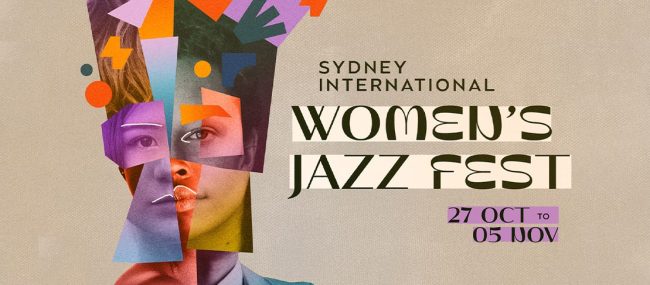Boiling Point January 16; Big Data in Tennis Fever; Mobile Phone Myths Busted and How Do We Form Our Memories?

January is the month of Tennis Fever. It is rampant. Everyone has at least one symptom. Excitement; talking about players shots; endless personal analysis of player performance and constant score check-ups. These are only some of the symptoms. Don’t fear. These symptoms usually pass by the end of January. For the passionate tennis fans January is like Christmas times two. It turns out, there is some science and a bit of maths behind Australia’s much-loved sport. Big data has already seeped into sports like cricket. Until now, tennis did not have a set definition or understanding of unforced or forced error. Technology allows sport scientists; data scientists and tennis buffs the chance to understand what these stats mean and give reason to who won and why. But for now, it’s back to the tennis, want to find out more – check out the podcast and hear Luke talk all things data and tennis.

We all have one. Our heads are down, our arms are out and our thumbs are working away. Not the traditional version of heads down thumbs up. There is nothing traditional about this new world of technology and communication. We need to ask ourselves what is the damage of using our mobile phones? Let’s investigate phone usage in regards to cancer, petrol stations and airplanes. It was thought, mobile phone usage caused brain cancer, this is no longer the case. The radiation level of TVs and mobile phones are the same. We have all wanted to continue our phone call or text message when we are fuelling up. For those phone addicts it seems it is safe to use your phone around petrol stations, but, maybe, leave the phone in the car for safety’s sake. Lastly, airplane mode. Apart from giving our thumbs and necks a break, it is pretty safe to use your phone when you are in the air. Airplane companies want 100% safety and if they have 100 or more people sending tweets and texting friends that is a lot of signals flying around and a higher risk. Is your interest peaked? Then check out the podcast and listen to what Luke had to say on the do’s and don’ts of mobile phones.
Memories allow us to relive the past and gauge the future. We have memories of family holidays and first cars. How are these memories formed and stored? On this week’s podcast Alex explored the wonder of memories. Scientists have been studying memories for decades. Scientists discovered, using technology, how memories are formed. Want to find out more? Check out the podcast and hear what Alex had to say.

